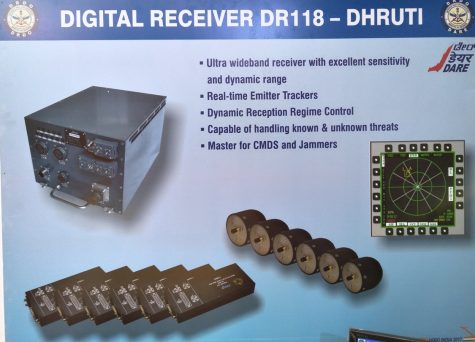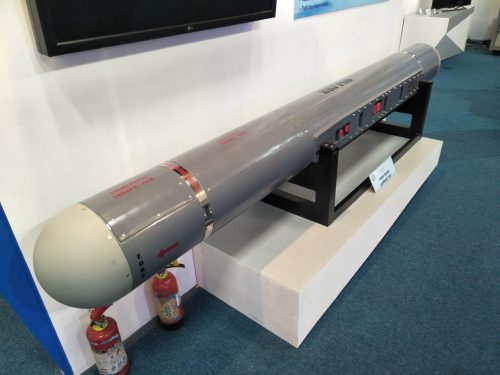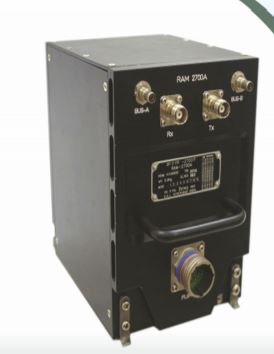Does India have the local tech to upgrade the Su-30MKI fleet into ” Super 30 ” on its own?
A country which pans to develop its own 5th Generation fighter jet and is already is working on the development of Tejas-Mk2 a 4.5+ Generation fighter and already has developed Tejas Mk1 4th Gen fighter and now plans to develop a Mk1A 4++ Gen fighter is still depended on the original equipment manufacturer for upgradation and modernization of what it calls the backbone of its airforce fleet? , let examine if India has local technology to upgrade them in the first place. Since IAF is only planning to upgrade only its avionics and electronics so this report will focus on this aspect.
AESA RADAR: NIIP N011M Bars radar, which is a passive electronically scanned array (PESA) system will be replaced by a derivative of the N036 X-Band AESA radar used on the 5th Generation Su-57 fighter jet. India’s indigenous Uttam AESA radar under development for the Tejas-Mk2 is a scalable radar that can be scaled up or down depending on antenna size requirement. Uttam AESA radar for Su-30 will require a larger bigger antenna which packs more T/R modules to take advantage of bigger space of the frontal nose cone of the Su-30MKI.

New Mission Computer: The Su-30MKI fleet is equipped with Mission Computer cum Display Processor-MC-486 and DP-30MK developed by India’s very own Defence Avionics Research Establishment (DARE) in 1998. The 32-bit mission computer performs mission-oriented computations, flight management, reconfiguration-cum-redundancy management, and in-flight systems self-tests. In compliance with MIL-STD-1521 and 2167A standards, Ada language was adopted for the mission computer’s software. According to DARE it already has developed Advanced computers for next-generation aircraft and one developed for Tejas Mk1 and Mk2 which are PowerPC based computing architecture which is a 64-bit which is a big improvement in processing power.
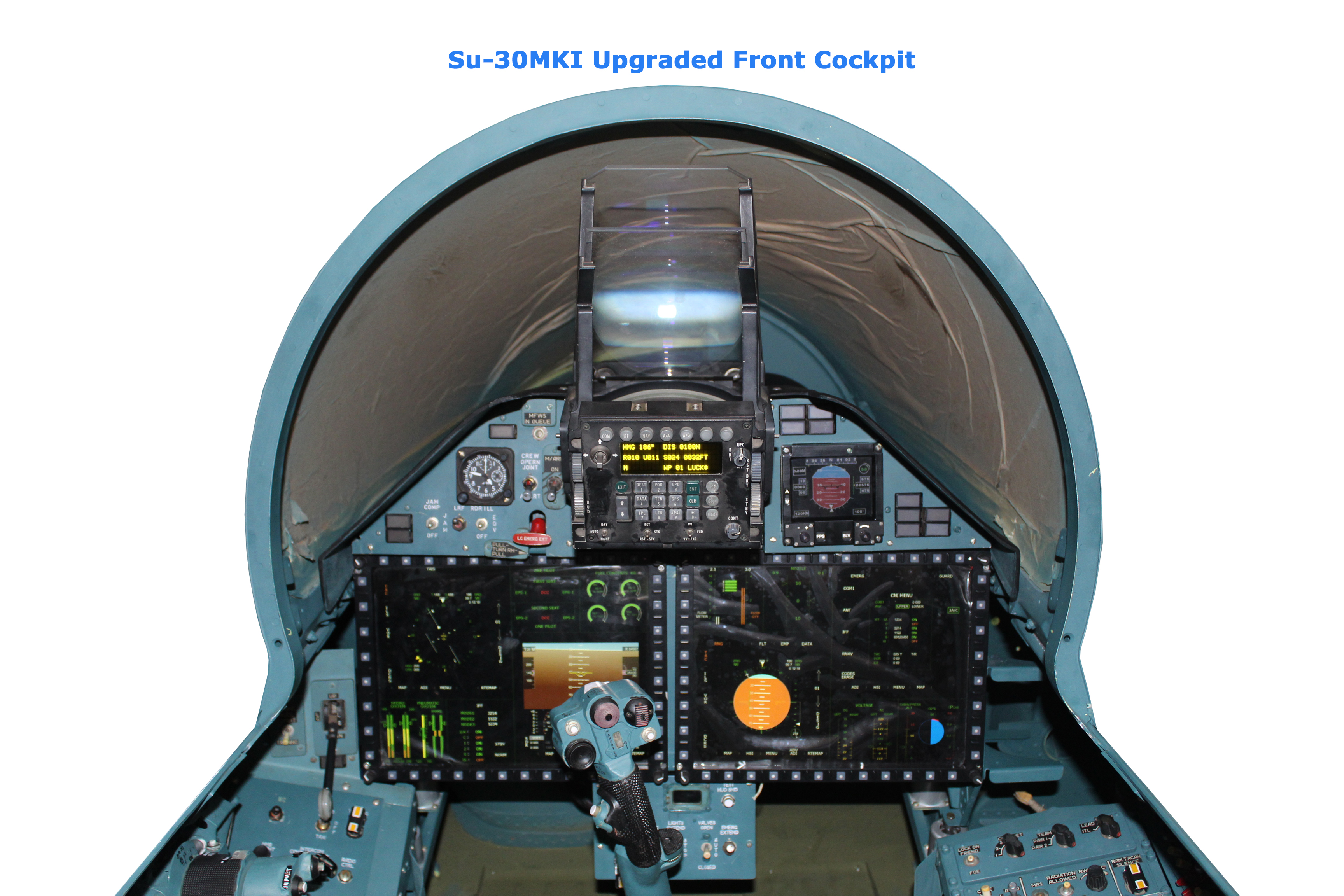
Upgraded Su-30MKI Cockpit: India’s HAL already showcased newly upgraded cockpit which now features, Two 230mmx305mm high-resolution LCDs with a multifunction control panel with a wide 20°x30° field of view head-up display which brings it at par with the Cockpit of the Sukhoi Su-35. Samtel/DARE will develop new high-resolution LCDs.
Radar warning receiver (RWR): Su-30MKI fleet are equipped with DARE developed Tarang-Mk2 Radar Warning Receiver (RWR) + High Accuracy Direction Finding Module (HADF). DARE now has developed all digital RWR christened ‘Dhruti’ for the Su-30MKI fleet, based on its experience on D-29 RWR developed for the Mig-29UPG fleet.
Self-Protection Jammer Pods: Su-30MKI fleet are equipped with Russian SAP-518 pods which due to poor performance was supplemented with Israeli Elta EL/L-8222 Airborne Self Protection Jammer (ASPJ) pods, which now have been offered with wideband EL/L-8222WB pods. DARE also has developed DARE’s High Band Jammer (HBJ) which has begun dummy trials in 2019. Infrared image search and track system (IRST): IAF’s Su-30MKI fleet is equipped with Russian OLS-30 IRST which soon will be replaced by India’s Bharat Electronics Limited (BEL) developed IRST which will be far more advanced and will be tuned to detect stealth aircraft at long range.
Integrated Radio Communication set (INCOM): Su-30MKI fleet are equipped with HAL developed Integrated Communication suite INCOM 1210A which will be replaced by indigenous Software Defined Radio systems (SDRs) which are being developed by WESEE (Weapons and Electronics Systems Engineering Establishment) jointly with BEL for all fighter jets in IAF fleet. These SDRs will be jam-resistant with secure features
Radio Altimeter: HAL developed RAM-1701 is equipped on the Su-30MKI fleet which likely will be replaced likely by more advanced RAM-2700A which was developed for Jaguar and LCA-Tejas fleet. They are more countless system which can be replaced by Indian made one.

idrw.org




